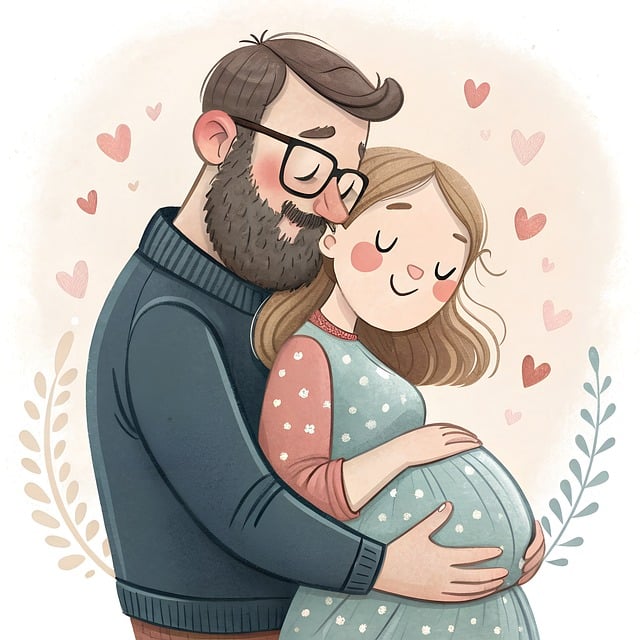Experiencing recurrent pregnancy loss can be heart-wrenching, and many women go through this challenging journey. It’s defined as having two or more consecutive miscarriages before reaching 20 weeks of pregnancy. Dr. Emily Thompson, a fertility specialist, emphasizes the importance of understanding the underlying causes to help guide treatment and support for those affected. Here are five common reasons behind recurrent pregnancy loss, along with some potential solutions:
1. Genetic Issues
Often, miscarriages stem from chromosomal irregularities. If the egg or sperm carries faulty chromosomes, it can lead to embryos that aren’t viable, resulting in miscarriage. Women over 35 are particularly vulnerable to these chromosomal issues. Treatment options include blood tests to check for genetic defects and IVF paired with embryo testing, which can significantly increase the chances of a successful pregnancy.
2. Unmanaged Health Conditions
Certain medical conditions like diabetes or thyroid disorders can create a less-than-ideal environment for embryos to thrive. If these conditions are not treated, they may lead to pregnancy complications. Medications can often help balance hormone levels and improve overall health, thereby supporting a healthy pregnancy.
3. Uterine Abnormalities
Some women may have congenital uterine malformations that go unnoticed until they experience difficulties in conceiving or sustaining a pregnancy. Such abnormalities can hinder embryo implantation or lead to premature delivery. Techniques like ultrasounds or hysteroscopy can reveal these issues, and many can be corrected surgically.
4. Cervical Weakness
A cervix that isn’t strong enough can open too early, which can lead to miscarriage, especially in the second or third trimester. Monitoring the cervical length through ultrasounds can help assess risk, and if necessary, a cervical stitch (cerclage) may be recommended to help support the pregnancy.
5. Lifestyle Choices
Certain lifestyle factors such as smoking, excessive drinking, and drug use can elevate the risk of miscarriage. For instance, heavy drinking can severely impact fetal development. Seeking guidance on lifestyle changes from healthcare providers can be crucial in reducing risks.
In addition to these factors, other potential causes like autoimmune disorders, sperm quality, stress, and infections may contribute to recurrent pregnancy loss. It’s essential to have a thorough evaluation if you’ve experienced multiple miscarriages. This could include tests like antiphospholipid antibody screening or parental karyotyping.
If you’re navigating the complexities of trying to conceive after recurrent pregnancy loss, know that there’s hope. Many patients manage to achieve healthy pregnancies after appropriate evaluations and treatments. For supportive resources, check out this blog post about the journey to parenthood. Additionally, Make a Mom provides great fertility kits that may assist in your journey. For more information on pregnancy, visit NICHD’s resource page.
Summary
Recurrent pregnancy loss can be caused by several factors, including genetic abnormalities, unmanaged health conditions, uterine issues, cervical insufficiency, and lifestyle choices. It’s vital to consult a healthcare provider for a thorough evaluation and possible treatment options to support a successful pregnancy.

